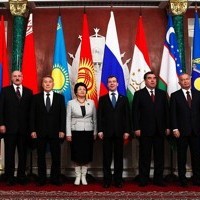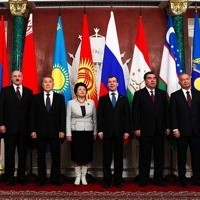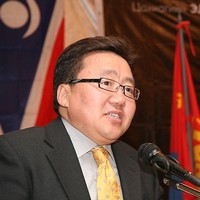
Among countries that exemplify poorly managed economies, Afghanistan figures prominently. Many factors currently weigh down the Afghan economy, including negative current account balances, unrestrained government spending, low productivity, negligible income taxes, years of cheap and fraudulent lending and widespread graft. The prospects for the future are no more optimistic. The impending international troop drawdown combined with inadequate security and looming uncertainty beyond 2014 have made the country a financial no-go zone for foreign investors. Afghanistan is beginning to suffer from the departure of the large sums of foreign capital and investment it has largely depended on for years. Reportedly, every […]



